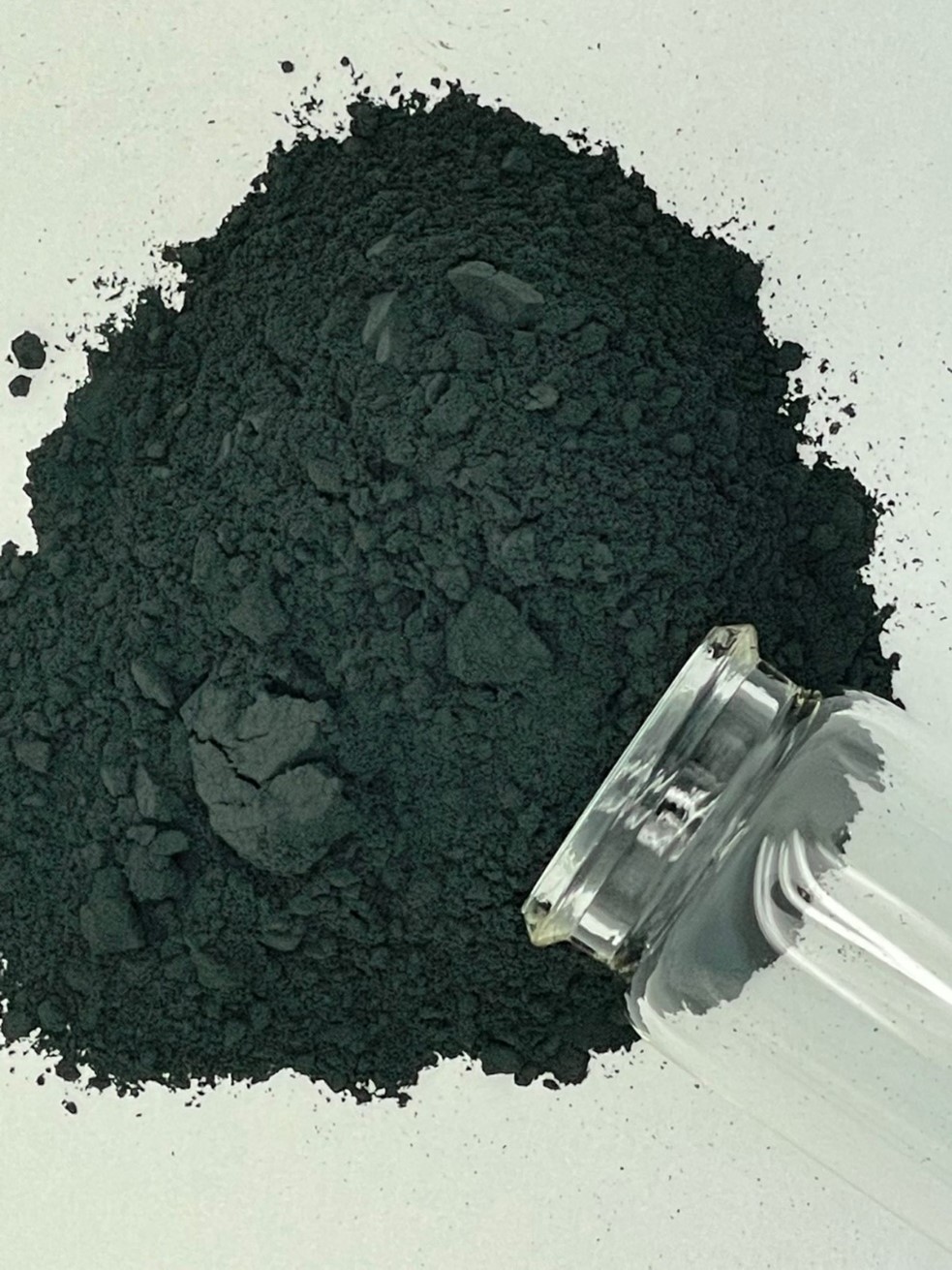| Duration: | 01/2022 - 12/2024 |
| Contracting Authority/ Sponsors: | PCC Thorion GmbH |
| Project Partners: | PCC Thorion GmbH |
| Project Focus: |
SICOM-LIB – Silicon Composite Anode Materials for Lithium Ion Batteries

Duisburg-based PCC Thorion GmbH and the Fraunhofer Institute for Solar Energy Systems ISE are collaborating on the "Silicon Composite Anode Materials for Lithium Ion Batteries" (SICOM-LIB) project. The aim is to develop a silicon-carbon composite material to enhance the performance of lithium-ion batteries. Silicon offers several times the energy density of graphite, which is commonly used as an anode active material, and therefore significantly increases the capacity of lithium-ion batteries. This enables significantly longer ranges and shorter charging times for electric cars. By manufacturing the raw material silicon in Europe and using green electricity, the ecological footprint of the battery is also improved.
PCC Thorion GmbH and Fraunhofer ISE have started their long-term research and development cooperation for their silicon-carbon composite as anode active material in lithium-ion batteries at the beginning of 2022. The two partners are using silicon as the starting material, which is produced by PCC Group subsidiary PCC BakkiSilicon hf. in Iceland in a sustainable and climate-friendly manner using 100 percent green electricity. The silicon starting material is turned into nanoscale silicon powder by PCC Thorion and is subsequently converted into silicon-carbon composite particles applying a technology developed by Fraunhofer ISE.
The active material is designed in such a way that it can be used successively in existing cell production lines as a drop-in replacement for the graphite used as standard anode material. At the same time, the higher energy density of the silicon-carbon material also ensures lower specific production costs. The two cooperation partners PCC Thorion and Fraunhofer ISE aim to achieve market maturity for this solution in the short term.